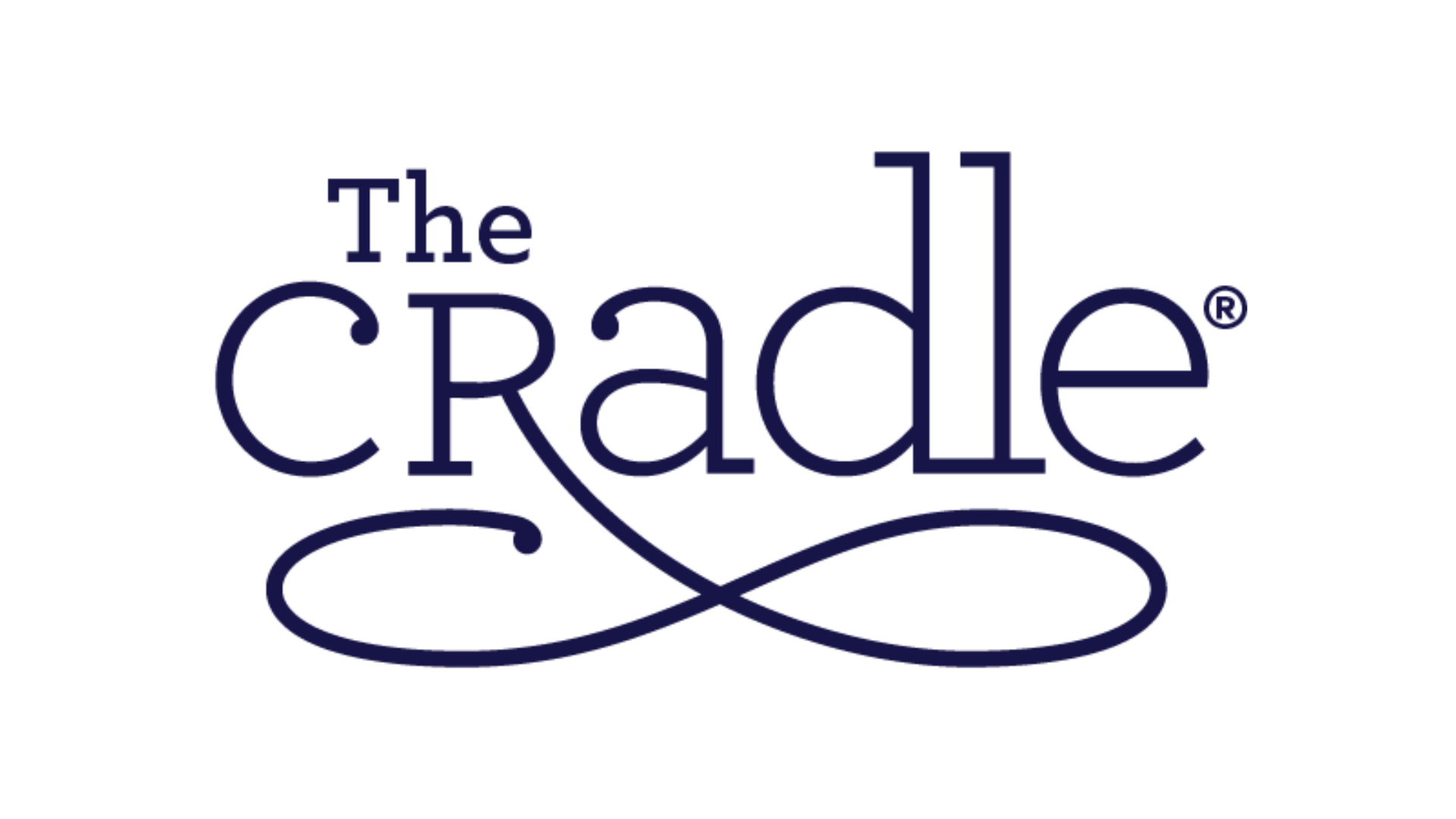There are many different ways to cope with sadness and grief from infertility, but processing the sense of loss is an important step in moving forward. Learn about the role of grief and loss in infertility and adoption.
Stephen Levine, author and grief counselor, defines loss in a unique way. Loss, he says, is felt as “the absence of something we were once attached to — a person, a place, a way of being, a plan, a belief, an expectation, a dream.” This definition exemplifies the loss and grief many people feel when they face infertility.
People often become attached to plans, beliefs, expectations and dreams of having a biological child. This attachment only becomes stronger through the course of infertility treatment as they work to fulfill their expectations of pregnancy and a family. It only makes sense that once these plans and expectations are upended, people face an emotional loss — one that brings on grief just as any other type of loss. It takes time to fully feel and cope with the grief of infertility, and even more time to heal from this pain.
Once people make the choice to stop infertility treatment and begin to consider adoption, they must also begin the process of working through and accepting the loss and sadness involved with infertility.
Aspects of Loss and Grief in Infertility
If you are coping with infertility, you may experience multiple types of loss, including loss of:
- Control – You may feel you no longer have the level of control over your physical body that you previously thought.
- Privacy – Often infertility involves sharing intimate details and feelings with a partner, but in some cases you may feel like you have to share private information with friends and family who are concerned about your journey as well.
- A biological child – It is difficult to let go of the idea of conceiving with the person you love, especially when you’ve expected and planned on this for a long time.
- Pregnancy – You may have grown up expecting to be pregnant one day, and as you get older, you build expectations about what experiencing pregnancy and birth will be like with your partner.
- Genetic continuity – It can be extremely difficult to accept the fact that you won’t be continuing your family’s biological line.
- Opportunity to parent – Before deciding to parent through adoption, there is a loss involved in accepting that you will not be parenting in the way you originally expected.
Adoption and Infertility
In some ways, the adoption journey can be similar to the complicated process of coping with infertility in that there is some level of uncertainty from the start. The road can be long and unpredictable, not unlike infertility treatment. People also commonly experience anxiety over a loss of control and feelings of grief and loss in adoption.
Deciding to adopt also involves a shift in thinking. Pregnancy planning and pursuing treatment for infertility is very much focused on the person or people planning to have a child. Likewise, coping with the grief of infertility is centered on the person or people who are coming to terms with the grief of not being able to conceive a biological child. At its core, adoption is child-centered; the focus must be on the needs of the child who will be brought into the adoptive home. Often, family members don’t understand this shift. They may treat adoption as the second-best option, which can be harmful not just for the adoptive parent(s) but also for the adopted child.
Coping with Loss in Infertility
Because of the connection between adoption and infertility and the shifts in thinking involved, it is essential to have accepted and processed the grief of infertility before starting the adoption process. This is no easy task, as the loss involved in infertility can be complex and felt differently by each person. Adoptive Parent Counselors at The Cradle recommend seeing a therapist as a first step. Speaking to someone who is trained in helping people cope with this type of loss can be extremely helpful in understanding and acknowledging one’s own feelings.
There are also many online resources available that can provide support and education outside of therapy. Adoption Learning Partners offers great information on adoption and infertility, as do adoption-focused organizations like Creating a Family and the Infertility & Adoption Counseling Center.
You may also consider joining a support group. Infertility can be an isolating and lonely experience, and it may help to see how many others are experiencing the same thing. Hearing someone else’s perspective on infertility struggles may help you reframe your own. Jewish Child & Family Services’ Project Esther provides infertility support groups and resources. The Broken Brown Egg empowers, informs and advocates for those questioning or experiencing the impact of infertility, with an emphasis on the Black experience of it. And there are many other support groups located in the Chicago area. RESOLVE: The National Infertility Association provides numerous online and in-person resources, including a tool for finding support groups in your area.
Knowing When You Are Ready to Explore Adoption
For some families, working through infertility happens quickly. Others need years to accept it. There is no right or wrong way to approach the grieving process, and every situation will be different. Author and adoptive mother Pat Irwin Johnston says you will know you are ready to begin exploring adoption when:
- You recognize the road ahead is still a difficult one.
- You are prepared to leap enthusiastically into the expectancy of adoption.
- You are aware of the loss involved in adoption.
- You are ready to build a family, not “get a baby.”
- You are prepared to be patient and flexible.
- Most importantly, you have come to the realization that you want to parent more than anything else, and are prepared to achieve that in a way you may have not envisioned before.
These realizations don’t come easily, and it’s okay to take as much time as you need after ending infertility treatments to make a decision.
Adoption-Competent Counseling for Infertility Loss
Infertility loss is something you carry with you forever. It doesn’t go away once it has been accepted and understood. It’s normal to feel this grief crop up again from time to time, even as you are parenting your adopted child.
Being prepared for difficult and challenging thoughts is especially important. “What if” questions begin to come up. Maybe your adopted child is nothing like you, and you find yourself thinking, “what would my biological child be like?” Don’t vilify these feelings — they are natural parts of the infertility and adoption experience. However, coming to terms with your loss before entering the adoption process can help mitigate these feelings and will prepare you to be more accepting of them.
The Cradle encourages individuals and families to ask for help coping with infertility and processing the grief and loss it entails. By speaking with one of our adoption-competent therapists, you can explore these feelings in a supportive environment, with someone who understands what you’re going through and how these issues can impact parenting through adoption. The Cradle also offers a variety of educational resources available for anyone considering starting their adoption journey. Request an appointment with a Cradle therapist through our online form, or call 847-475-5800.














